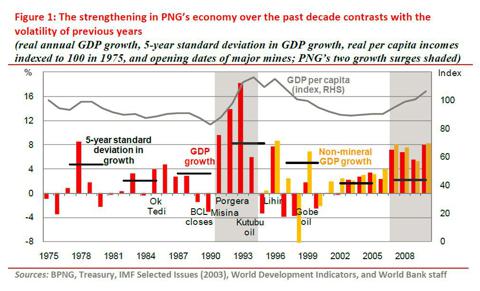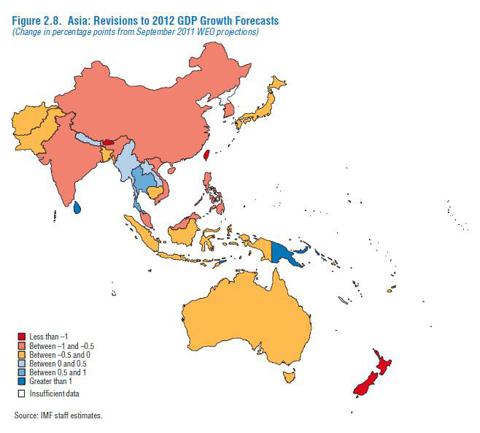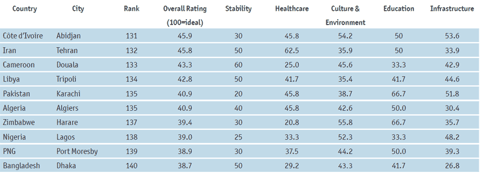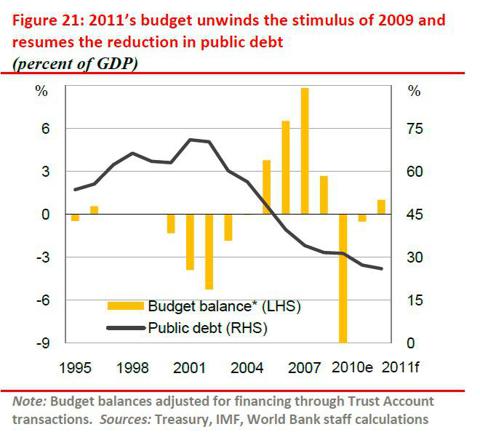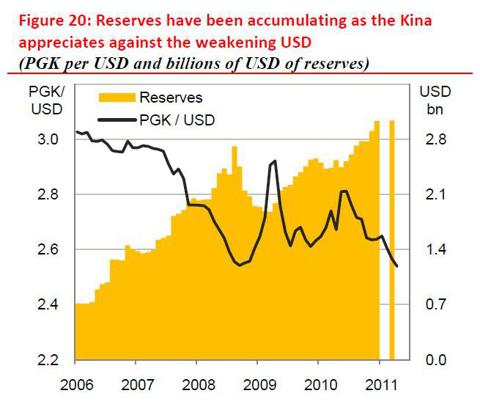By BEN ELTHAM - New Matilda
The difficult art of government has many challenges, and its practitioners know many failures. But there is something about asylum seeker policy that seems especially corrosive to Australian democracy.
If you need a recent example, look no further than the legal challenge being brought by Papua New Guinea opposition leader Belden Namah to Australia’s immigration detention centre on Manus Island.
Namah plans to challenge the legality of the centre in PNG’s Supreme Court. He argues that the PNG Constitution protects individuals against detention without charge, and that asylum seekers being held there have not been charged with any crime.
The Gillard Government has already lined up to attack Namah, describing his challenge as political. Labor Cabinet Secretary Mark Dreyfus told Sky News today that "I think when you’ve got the Opposition Leader in Papua New Guinea bringing a proceeding in the Supreme Court in Papua New Guinea, it does smack of politics to me," he told Sky News.
Behind the ironic bluster of an Australian politician labelling a PNG politician "political", the Gillard Government must be worried. Higher courts have not been kind to this government’s persistent attempts to remove rights from asylum seekers guaranteed them under international and Australian law. One of the reasons for the convoluted current state of Australian migration policy is because the Australian High Court struck down a previous agreement with Malaysian government.
Indeed, two lawyers contacted by Fairfax this morning argue that the Manus challenge has a good chance of succeeding. Papua New Guinea, you see, has a bill of rights. Unlike Australia, certain liberties are guaranteed to all those falling under the purview of PNG law. "The real strength of the case is in the PNG constitution, because that constitution has a guarantee of liberty," prominent barrister Julian Burnside told Fairfax.
The very fact that Australia’s migration policies could come under challenge by the Supreme Court of another country should be a wake-up call. The Government’s desire to appear tough on border protection while simultaneously complying with the letter of the Refugee Convention has pushed asylum seeker policy in all sorts of morally indefensible directions.
Let’s remind ourselves that the current situation sees innocent people locked up, without charge, and in violation of the spirit of a six-decade old international treaty which to Australia was a founding signatory. Under the current "no advantage" policy, proposed by a so-called "Expert Panel" and endorsed by both major parties, people travelling to Australia outside of the regular protocols will now be forced to wait five long years before their claims will even be assessed. It’s a ludicrous principle based on a false premise. As the Australian National University’s Kerry Murphy points out, the idea that seaborne asylum seekers should have to wait a period of time so as not to enjoy an "advantage" in their visa processing is simply a variation of that hoary cliché of the refugee "queue".
"The problem is there is no processing time for refugee cases anywhere on the planet," Murphy writes. "The case takes the time it takes. The reason why some wait years for resettlement is not due to any ‘queue’ or ‘no advantage test’ but simply about quotas." In other words, if Australia had higher quotas, there wouldn’t be an "advantage". Despite the circular logic, the punitive intention of the "no advantage" test is now enshrined as a key plank in the way that Australia deals with those seeking refuge on our shores.
The places where asylum seekers wait can only be described as jails. As Wendy Bacon reports here today, the Manus Island facility is a grim places whose purpose is incarceration, not resettlement. The infrastructure is clearly not up to scratch. Children, in particular, are being held in manifestly inappropriate conditions. Little in the way of modern health and human services appear to have been provided. And Manus is of course far away from the Australian cities that are the logical places to house and support those seeking a better life in our society.
From the point of view of an independent observer — for instance, the Al Jazeera journalist who recently asked Immigration Minister Chris Bowen about Australia’s growing reputation for cruelty in this area — the policy justification for all of this must seem slim indeed. After all, we know that these asylum seekers have done nothing wrong. We know that they are locked up against their will, without charge. We shouldn’t be surprised if the PNG Supreme Court rules against such a policy, on the grounds that it violates the human rights enshrined in that nation’s constitution.
An important sidebar to the asylum seeker conundrum is the way it has slowly disfigured the institutions and conventions of Australian public policy. For instance, Australia’s national territory, for the purposes of our migration law, now bears essentially no resemblance to our internally recognised borders. In the name of "border protection", vast swathes of Australian territory were "excised" from our Migration Act. We’ve been shrinking our borders to protect them.
Asylum seeker policy is also starting to bleed into areas of real national interest, as our push to punish asylum seekers begins to embroil Australia in the domestic politics of key regional partners like Malaysia, Indonesia and Papua New Guinea.
The Manus challenge is another example of how the Government keeps running into barriers in its quest to deprive innocent people of their basic human rights. It was John Howard who famously said that "we will decide who comes to this country and the circumstances in which they come". Now a Labor government will be forced to wait nervously while Papua New Guinea’s highest court decides exactly the same thing.






